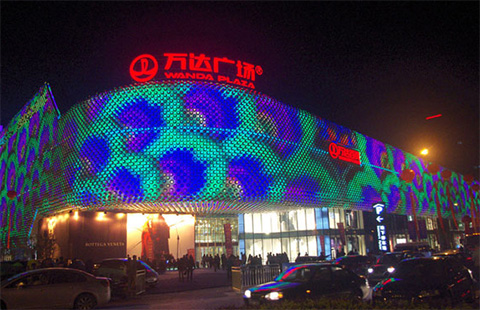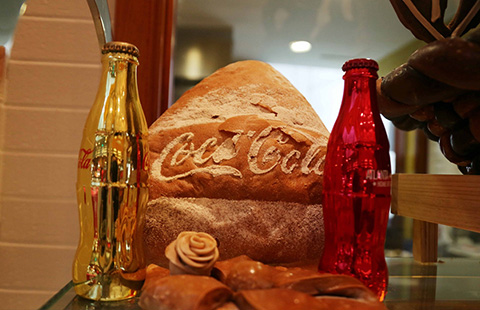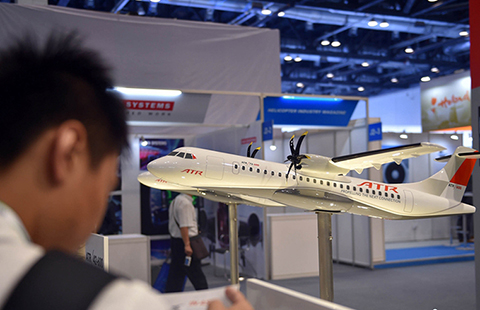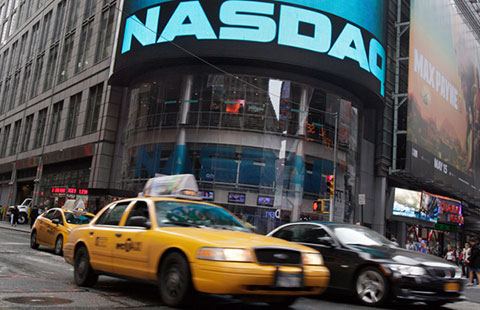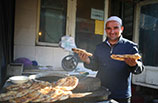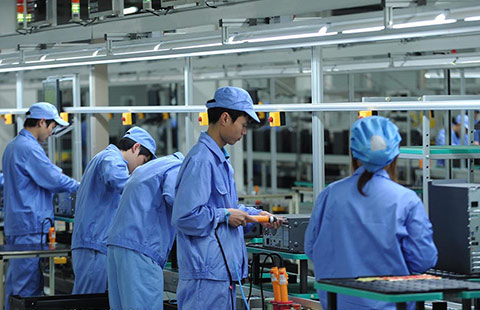Chinese beginning to get more bang for their bucks
By Du Juan (China Daily) Updated: 2015-09-19 10:00
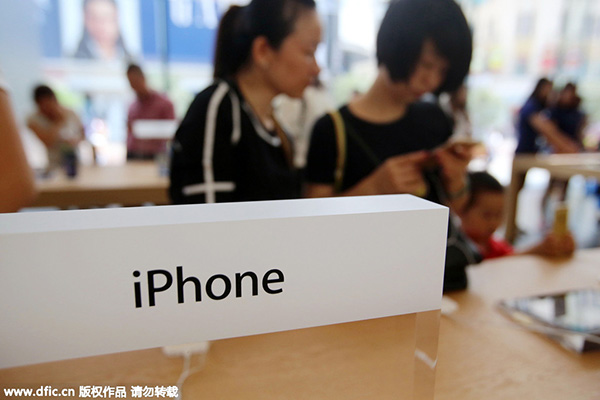 |
|
Customers buy Apple's products in a Apple store in Shanghai,Aug 25, 2015. [Photo/IC] |
To compare purchasing power in cities around the world, UBS looked at stable consumer goods that are available all over the world, such as Big Macs and iPhones, and compared their prices in those cities relative to incomes.
According to the latest Prices and Earnings Study, which compared purchasing power in 71 cities across the globe, workers in Hong Kong only have to work an average of nine minutes to be able to buy a Big Mac, while workers in Nairobi have to work almost three hours.
A person in Shanghai needs to work around 164 hours to buy an iPhone 6, while workers in Beijing need to work 54 hours more than that to grab one.
In contrast, workers in cities such as Zurich and New York City require an average of less than three days on the job to be able to buy an iPhone 6, while workers in Kiev must labor, on average, over 13 weeks to earn enough for the same phone.
UBS completed the survey between the end of March and end of April on prices of 122 goods and services, and earnings for 15 professions in 71 cities worldwide.
It carries out the survey every three years.
The latest survey shows that Zurich, Geneva and New York City have the highest prices, over 2.5 times higher than those in Bucharest, Sofia and Kiev, which was the lowest.
Tokyo is the most expensive city in Asia, but if rent is included Hong Kong has the highest costs in Asia, and would be the sixth most expensive in the world.
Chen Yuzun, a salesman in his 30s working for a logistics company in Shanghai, said the cost of living is indeed high, but his income can provide him a comfortable life.
"I know that a similar job as mine in Hong Kong will earn a higher salary, but the rent in Hong Kong is even higher than it is in Shanghai. So I am happy about what I have now," he said.
However, it might be surprising to Chen that workers in Shanghai have an average seven days of paid vacation, the least in the world.
- Chinese beginning to get more bang for their bucks
- Fed move eases strain on the yuan
- New home prices increase in August
- China to deepen ties with ASEAN by upgrading free trade agreement
- Baidu levels up cloud services with greater security
- Huami launches second wearable Amazfit, a 'milestone product'
- Regulator fines companies for illegal trading
- Sino-French fund to invest in markets worldwide
